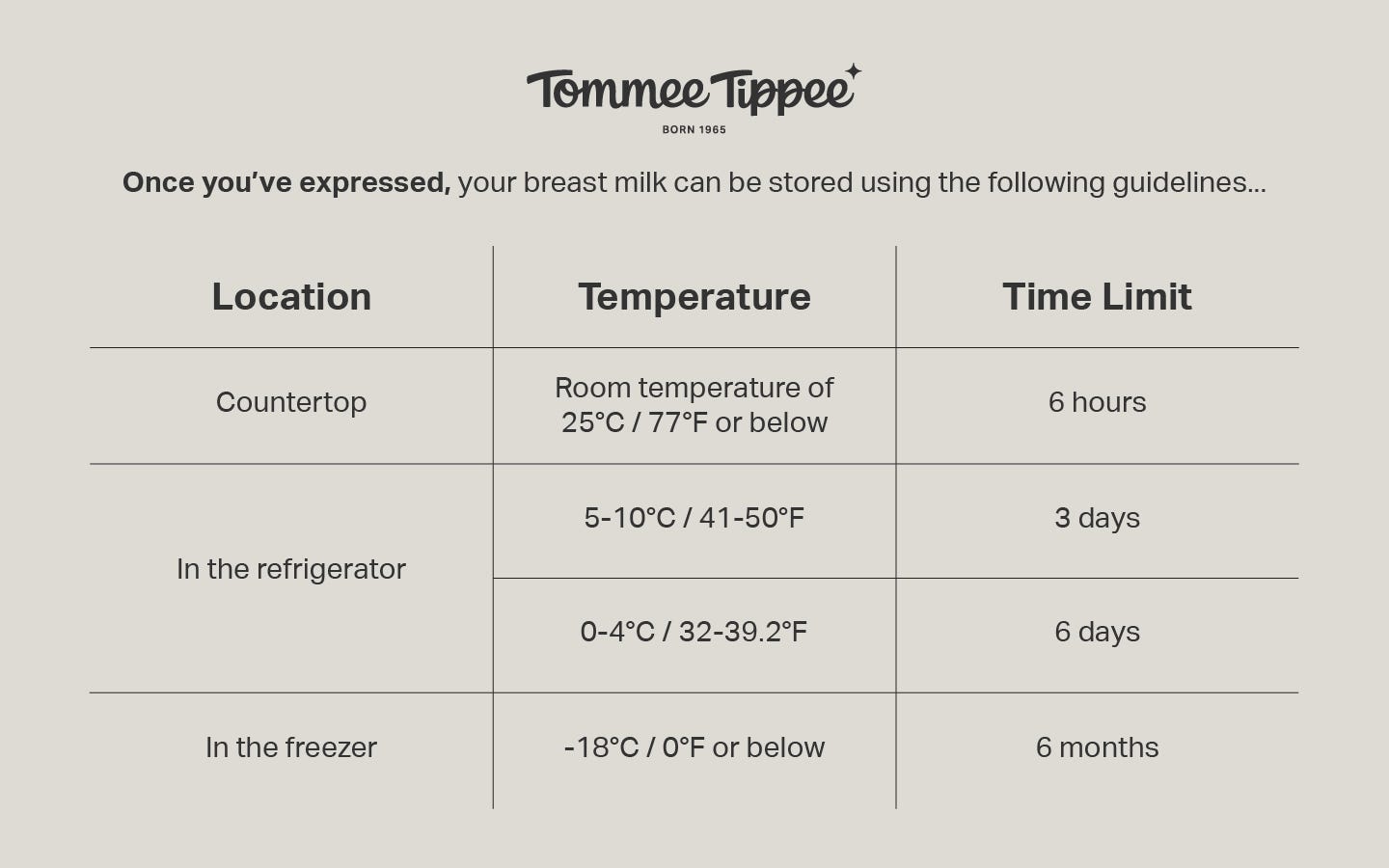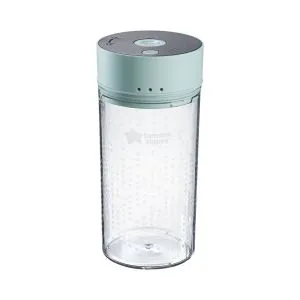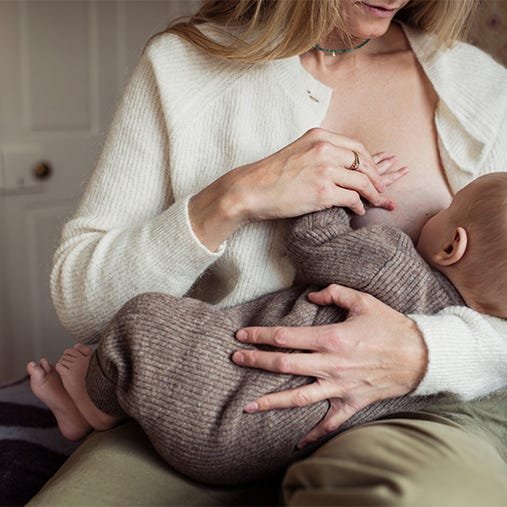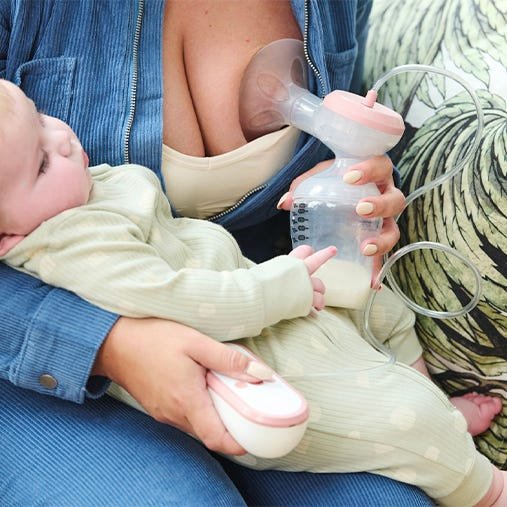One of the many benefits of breastfeeding is that your breast milk contains antibodies that can help protect your baby against illness and infection.
Human immune systems are made up of networks of cells and proteins that help to defend our bodies against infection. If bacteria, a virus or other nasties get into our body, our white blood cells produce antibodies to fight off any damage they cause. They also 'remember' the attack so they can respond more easily to the same infection next time.
During the last 3 months of pregnancy (third trimester) you pass antibodies onto your baby through the placenta. This gives them some protection against infection when they are born. Premature babies are at higher risk of developing an infection because they haven't had the benefit of receiving as many antibodies, so their immune systems are weaker.
Immunity from illness and infection that's passed on from mum to baby at birth is known as passive immunity, but it doesn't last long and will start to decrease in the first few weeks and months after birth.
A baby's immune system develops throughout life as they are exposed to different germs that can cause disease.
How breast milk strengthens a baby's immune system
After baby is born, mums pass on more of the antibodies that help fight illness and infection to baby through their breast milk.
From about 16-22 weeks into your pregnancy your breasts will start producing a thick yellowish fluid called colostrum. This early concentrated breast milk is packed with disease-beating antibodies but it's not the only breast milk that can boost your baby's immune system.
You will continue to pass on antibodies that help strengthen your baby's immune system through your breast milk all through your breastfeeding experience, even if you later choose to express.
Your breast milk also contains proteins, fats, sugars and white blood cells that help protect baby's health in many different ways. Because breast milk heads straight to baby's stomach when they feed, it is particularly useful in fighting tummy bugs.
Breastfeeding helps your baby develop a balanced immune system full of antibodies that recognise and fight infections and diseases even after breastfeeding ends.
Breast milk and infections
When you breastfeed, the amount and type of antibodies you pass on to your baby depends on the health of your immune system and what immunity you already have.
For example, if you have had chickenpox, you will have developed immunity against it, and will pass on some of your chickenpox antibodies to your baby. This isn't the same as vaccinating against a disease and doesn't mean that your baby won't catch illnesses that you have already had, but it will mean that their immune system has a head start in defeating them.
Lots of people think that you shouldn't breast feed if you are ill with something contagious like a cold, for example. Actually the opposite is true. As adults, when we're exposed to a virus, we begin producing antibodies to fight it. So when you're breastfeeding, some of these antibodies are passed on to your baby through your breast milk so they can fight the virus too. Go mum and baby!
If your baby is sick, you may find that they want to feed more frequently. This can help baby fight off an illness because breast milk helps to keep them hydrated.
Benefits of long-term breastfeeding
There are so many benefits to breast milk that health organisations around the world recommend giving your baby nothing but breast milk for the first 6 months (26 weeks) of their life. And the World Health Organisation recommends continuing to breastfeed your baby up to 2 years of age or beyond alongside introducing safe foods at 6 months.
As well as providing the perfect balance of nutrition for your baby, the antibodies that breast milk contains help to protect your baby from many infections and diseases.
Any amount of breast milk has a positive effect. The longer you breastfeed, the longer the protection lasts and the greater the benefits for you and your baby.
Breast milk storage guidelines
Once you've expressed, your breast milk can be stored using the following guidelines...

Please note, this table aims to provide a guide to how long you can store breast milk for a full term baby with no additional health concerns.
If your baby has been ill or was born prematurely, it's best to discuss this with your health professional to check that the same storage times apply, and if you're taking colostrum or milk into hospital, follow their advised storage and transport times.










